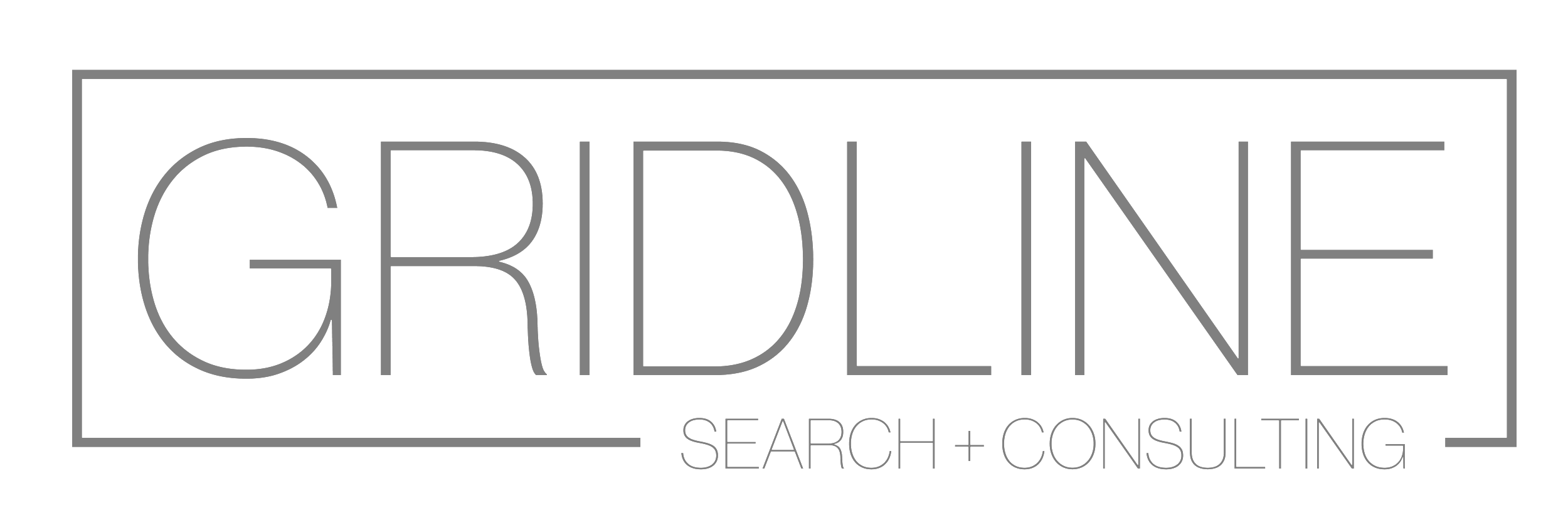The #1 Must-Ask Question in a Law Firm Associate Interview
When it comes time to ask the interviewer questions in your lateral associate interview with a law firm, there are lots of directions that you can go. However, there is one question that should always be part of the Q&A:
"Can you tell me about a recent case or deal that you and your team are working on?"
This question may sound simple, but it's essential for a few reasons. Strategically, it provides a myriad of opportunities for you to stand out in a way that will secure that next round interview or offer:
It shows you are genuinely interested in the work and the position. When you use this go-to question in an interview, you are automatically showing your interviewer that you are interested in the work that they do. This is a great tone to set for the interview. It reveals that other factors may be part of your decision to leave your current firm (e.g., money, advancement, team dynamics, location, etc.). But ultimately, you are someone who cares and prioritizes the work and the practice. This question is a great way to demonstrate that focus and enthusaism.
It makes it possible to "continue the conversation." Law firm interviews are almost always conversational in nature. The questions you are asked are based on your responses, but also vice versa. When you ask this type of question, you are making it possible to continue a very natural conversation about the interviewer's work and practice. There are lots of different follow-up questions you can ask about the case or deal regarding the roles of different lawyers, the nature of the clients involved and the successes and pitfalls that were presented.
It's a good way to demonstrate soft skills. There is so much focus with interview preparation on demonstrating hard skills, but it's also as important to show your soft skills as a lawyer. Your ability to reason analytically "on the fly." Your ability to present with confidence for your clients. When you ask this question, you show your interviewer that you know what it means to be a good lawyer. You are someone that will listen to your client and ask thoughtful questions that are on topic.
It makes the interview process straightforward and easy for your interviewer. If you are meeting with a busy associate or partner for your interview, they may not have spent a lot of time preparing. The request to interview may have been last minute as a fill-in. Or they may just be having a very very busy day, week or month. By asking conversations about work, you are making the interview easier on your interviewer. It will be easy for them to answer question as well as your follow-ups. Topics such as the firm's mentoring system, management news or the recruiting timeline for the opening may not known to this particular interviewer. However, the person's workload is always on the mind.
It provides the opportunity to highlight your own skills and experience. When your interviewer starts talking about a recent case or deal, it may bring to mind a similar experience for you. Bring this up in response. Talk about your role on a similar project. Describe the depth of your experience in this area, particularly if it is significant. And then wrap it up with with another question to keep it going. You've just naturally tied your own specific experience to the work done by your prospective group.
It helps ensure that your interview won't end too early. When it comes to an interview, you want to do your best to keep the conversation going and run out the clock. Let your interviewer or recruiting contact keep things moving on time. Otherwise, you risk an awkward early exit and a possible gap in time. Even for a less-talkative interviewer, questions about work more often than not ensure that your interview time is filled. It's simply the easiest thing for your interviewer to talk about in a professional interview.
When developing questions to ask in an interview, always work with your recruiter. For this broad question, it makes sense to game out the type of follow-up questions you might ask depending on the interviewer's response. It's also a good idea to outline your most relevant work experiences so that you can highlight these in a specific way as part of the conversation around this question.
